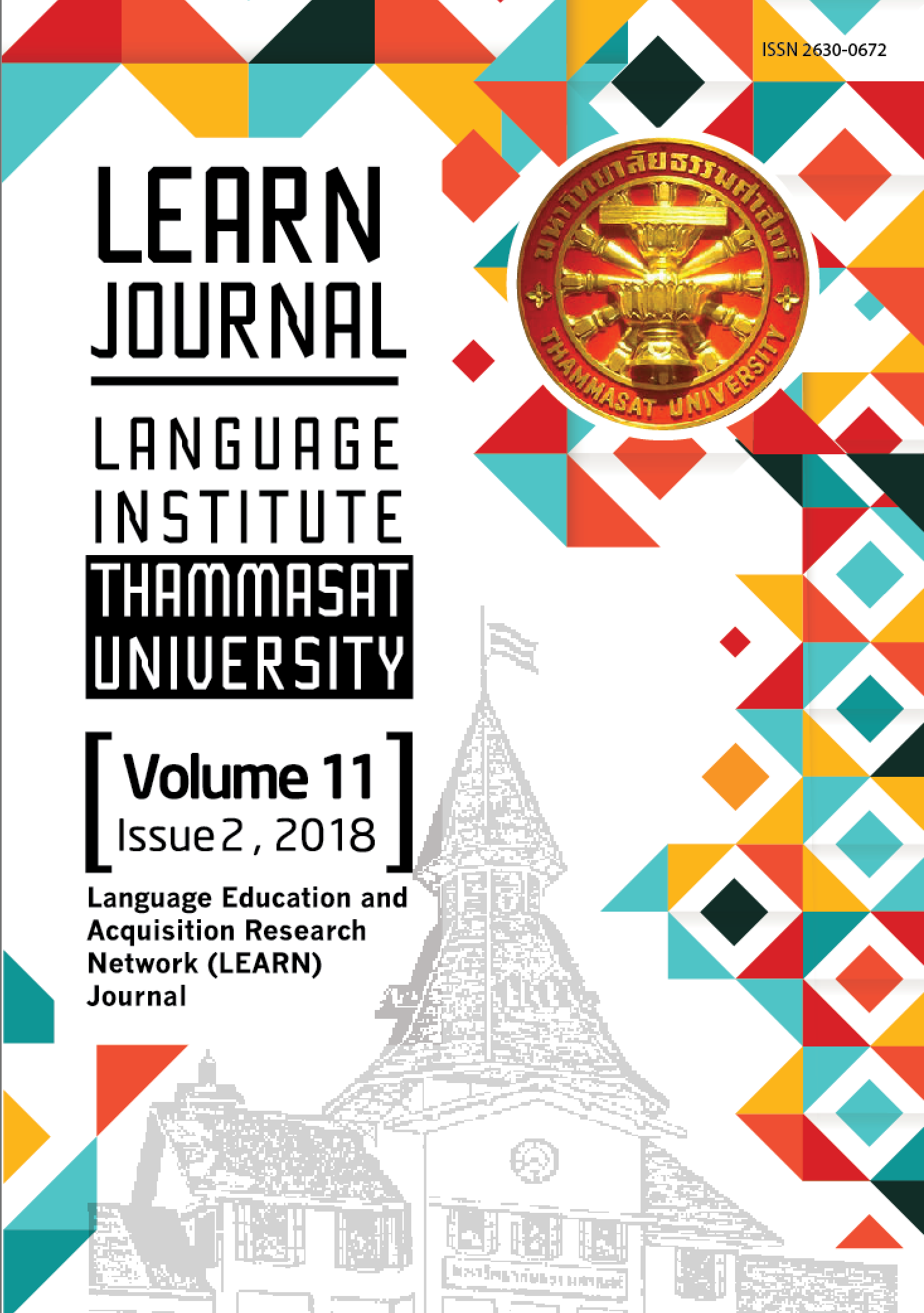Integrating Cultures into Teaching EFL in Vietnam: Teachers’ Perceptions
Main Article Content
Abstract
In the context of ASEAN integration, intercultural education has gained a better position in teaching and learning English. As a part of educational reformation, an experimental English coursebook version for Grade 10, 11 and 12, which is integrated with intercultural content, has been applied to gradually replace the current version. To foster intercultural education, it is essential to explore the status of intercultural education from teachers’ perceptions. This study aimed to investigate: (1) teachers’ beliefs and perceived practices of intercultural integration, (2) their concerns about intercultural integration prior the change of curriculum as part of educational reformation, and (3) supportive factors to teachers’ awareness and concerns about intercultural integration. From the data collected from 119 upper-secondary school teachers in Tra Vinh, a province in the Mekong through a five-Likert-scale questionnaire and open-ended questions, the findings illustrate that (1) the teachers had good awareness of intercultural integration but (2) they still had many concerns especially about the curriculum and management, and (3) the teachers who used the experimental coursebooks were more confident with intercultural integration than the ones who used the current version. The findings suggest that teachers should be more oriented towards intercultural instruction, and educational management should be consistent with the intercultural aims of the reformed curriculum to ensure the success of intercultural education.


